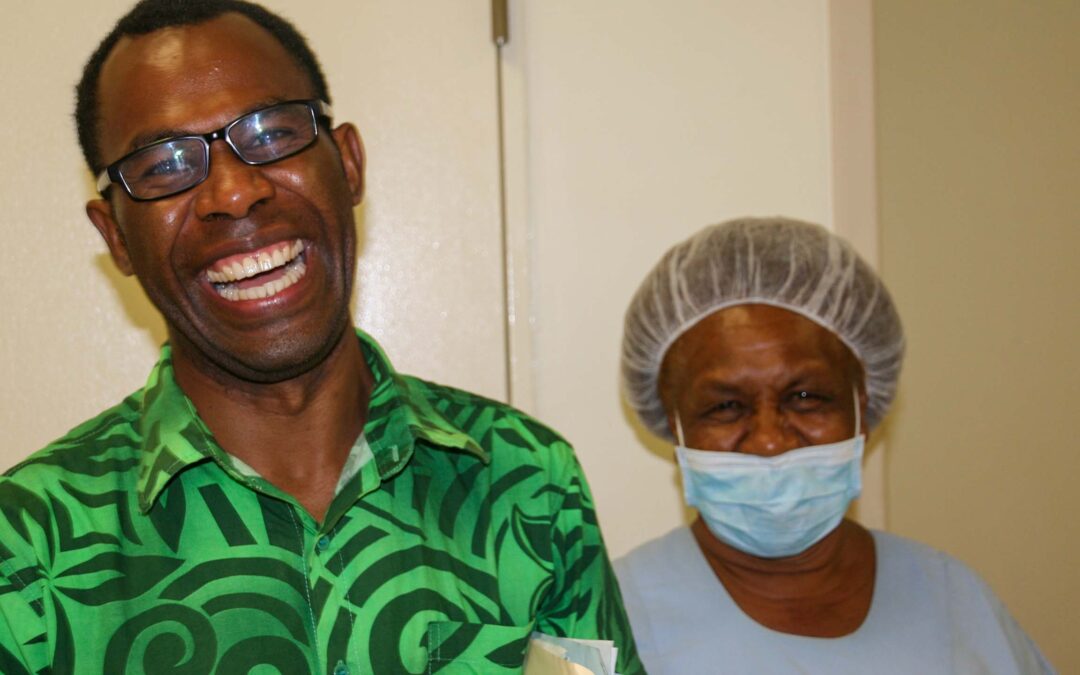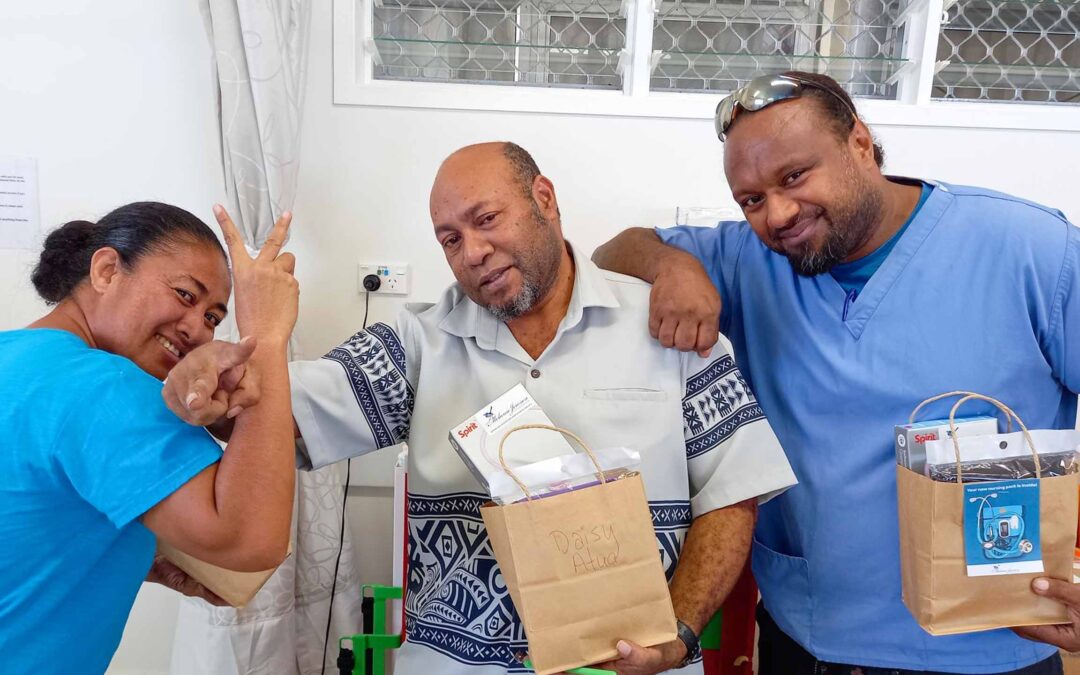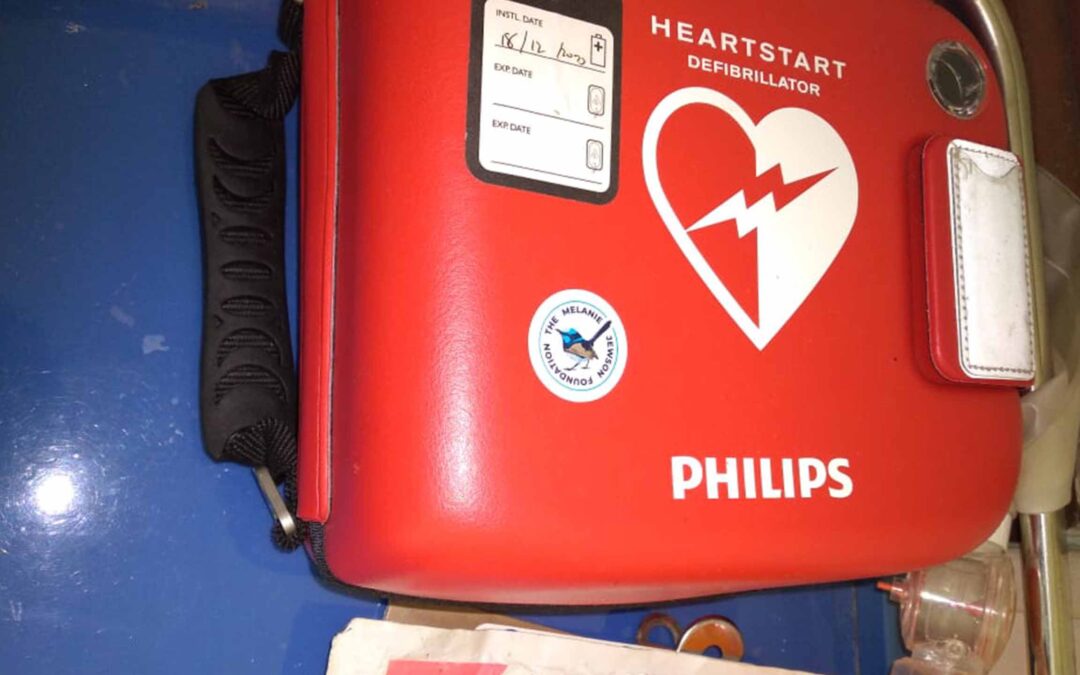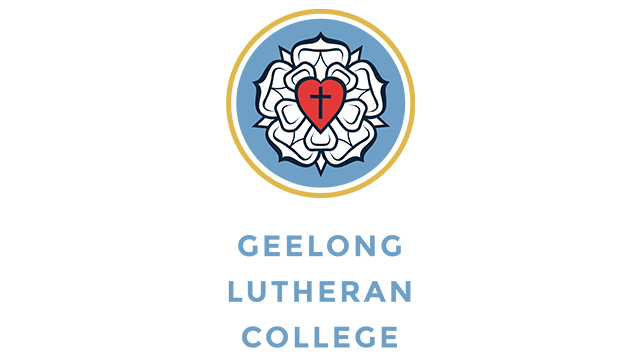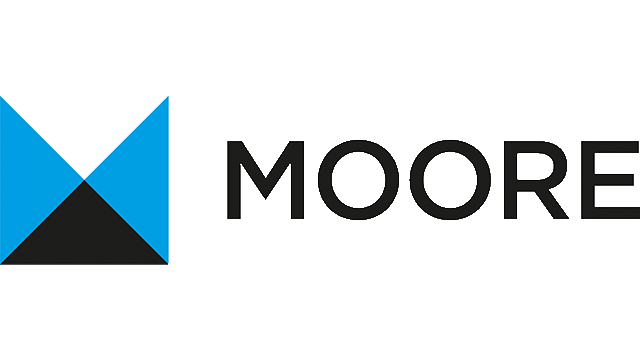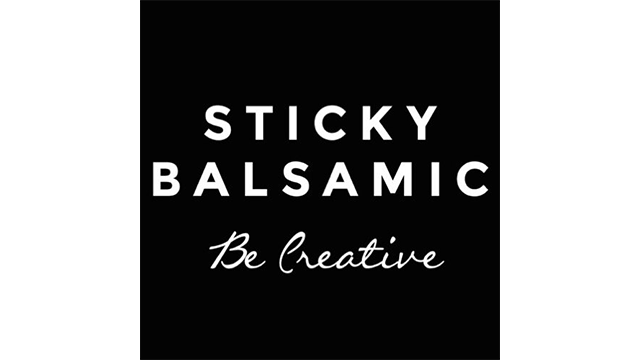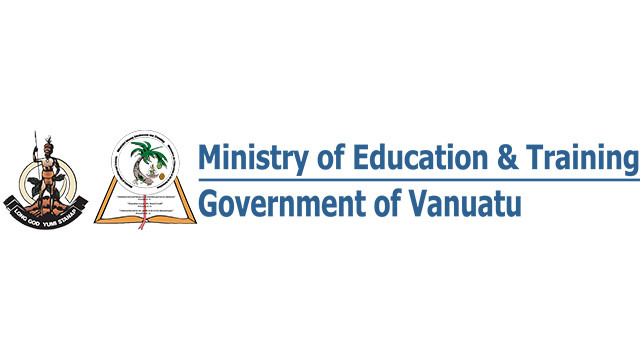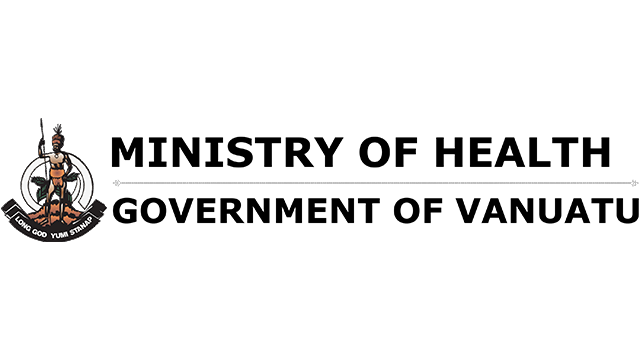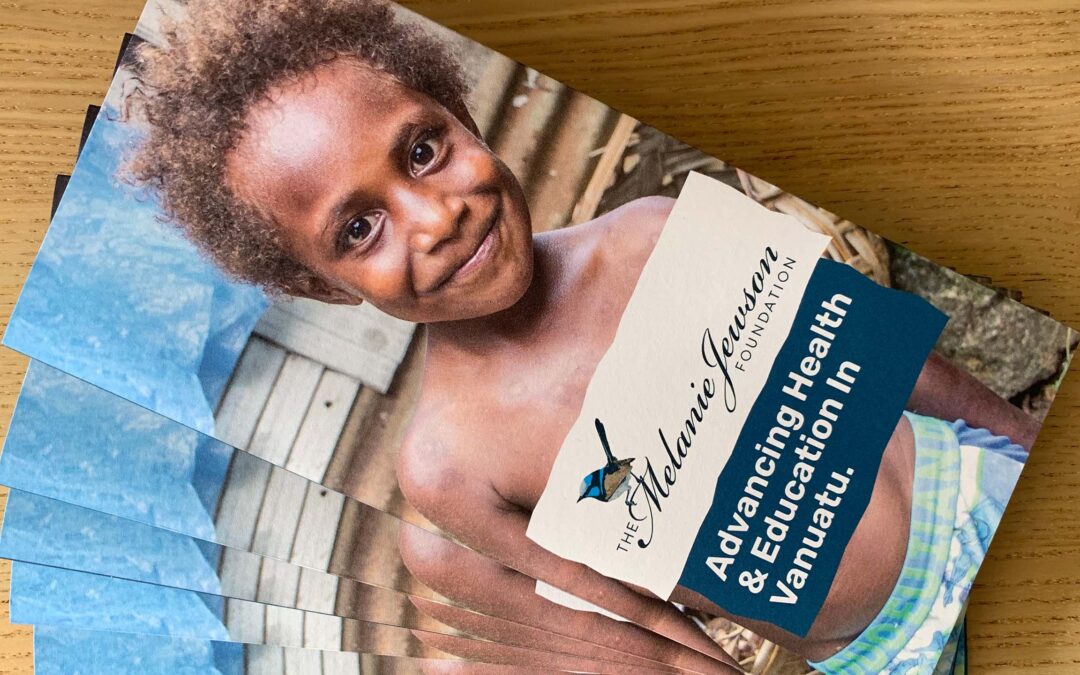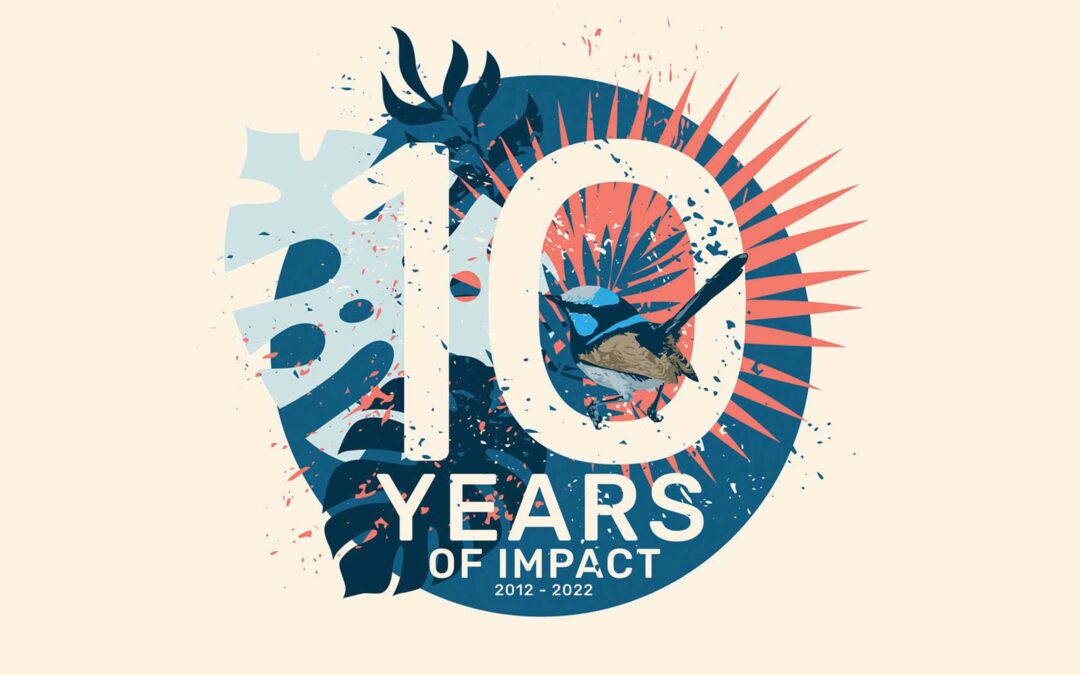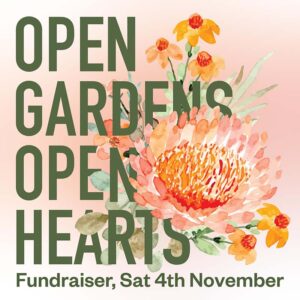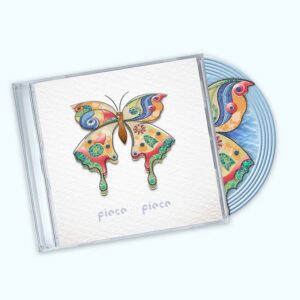Successfully running a medical department in a hospital like Vila Central Hospital (VCH) requires a constant and reliable supply of a myriad of consumable medical equipment. The care of almost all patients seen in hospital will involve the use various types of equipment.
Let’s just say a 59 year old man comes to VCH with chest pain, let’s call him ‘Joe’. He is going to need a few things done to figure out if he is having a heart attack. The first thing would be to take some observations, like blood pressure, temperature and heart rate. To do this you need blood pressure machines or cuffs and thermometers. Having done this, Joe will need an ECG done, which is a tracing of the electrical activity of his heart, which can show if he is having or has previously had a heart attack. This requires a working ECG machine, but the machine is worthless without the paper it prints on, which is specialised to each individual machine. It also can’t work without the adhesive dots that attach the electrical leads to the patient. Each patient needs 10 sticky dots. After having an ECG, Joe would need to have some blood taken to help confirm if his heart is stressed. To take blood, the staff need a tourniquet, needles and syringes.
Already in assessing Joe, the VCH medical staff have needed to use quite a few different pieces of equipment, without which determining what is happening to Joe becomes much more difficult. If Joe did indeed have a heart attack, he might need support with his breathing, like some oxygen. If he just needs a little bit of oxygen, this can be given to him through little plastic prongs that sit in his nose. However, if he becomes more unwell and he needs more volume of oxygen, it will have to be delivered using a facial mask. If he has a significant heart attack and becomes unstable while on the ward, he might need intravenous fluid, which requires cannulas, the plastic tubing to deliver the fluid and ideally a pump that can control the rate at which the fluid enters the body. If he were to have a cardiac arrest, medical staff will need to breathe for him using a resuscitation bag and mask. He will need to have a shock delivered to his heart using a defibrillator.
The use of equipment like this is basic, and vital to providing care to the hundreds of ‘Joes’ who present to a hospital like VCH every year. Without access to reliable and quality equipment, the doctors and nurses at VCH cannot do their job.
Following discussions with the head of the Medical Department at VCH, Dr Sereana Natuman, we at MJF Health have just sent a crate to VCH including the following items of medical equipment:
- 2 manual blood pressure cuffs
- 1 automatic blood pressure machine
- 10 tourniquets
- 10 thermometers
- 10 rolls of ECG paper
- 500 ECG dots
- 50 nasal prongs
- 70 oxygen masks
- 4 resuscitation bags and masks
Next year, we are working to supply VCH with new ECG machines, and pumps for giving intravenous fluid and medications, as well as ongoing supply of items like those above.
Please give now to support our work.

